Learn How to Stop Wage Garnishments
When you are doing your best to stay afloat financially, wage garnishment can be the final current that pulls you under. Whether you were laid off as a result of the economic recession or you required expensive medical treatment after an unexpected illness or accident, we can offer solutions.
In many situations, filing for bankruptcy offers the fresh start you need to get back on dry land. Although there are other options available, bankruptcy is often the least risky alternative. For help with stopping wage garnishment, call the sophisticated, compassionate Harrisburg attorneys at Jacobson, Julius & Harshberger for a free, no-pressure consultation. Call 717-909-5858.
Experienced Bankruptcy Lawyers
Wage garnishment allows a creditor to secure a percentage of your paycheck as payment for your debt. Under Pennsylvania law, creditors cannot legally garnish wages directly from your paycheck, except in the case of back child support payments or taxes.
However, they may file suit for your unpaid debt. If a judgment is issued in their favor against you, they can attach a lien on your bank account, effectively garnishing wages deposited in your bank account. Moreover, unscrupulous creditors may attempt to garnish your wages, even though it is illegal — it is important to pursue legal options to protect yourself.
Filing for Chapter 7 or Chapter 13 bankruptcy can be used as strategic asset protection. It puts a stop to all legal action, ultimately stopping wage garnishment through liens against your bank account and other assets and property.
Contact Our Law Firm
If you need help stopping wage garnishment, and you need to talk to a professional who can explain your rights and take action, please contact us online today. Our law practice helps people in South Central Pennsylvania find solutions that enable them to eliminate debt and put this chapter of their life behind them. We are located in Harrisburg, and in your location by appointment only.
We are a debt relief agency. We help people file for bankruptcy protection under the Bankruptcy Code.


